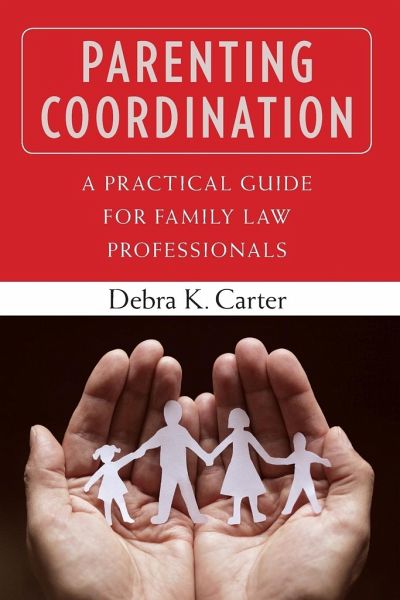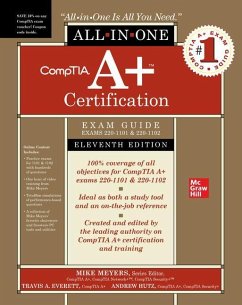
Parenting Coordination
A Practical Guide for Family Law Professionals

PAYBACK Punkte
36 °P sammeln!
The text offers up-to-date research, a practical guide for training, service provision, and references to relevant research for quality parenting coordination practice. Specifically, this book describes the integrated model of Parenting Coordination, including the Parent Coordinator's professional role, responsibilities, protocol for service, and ethical guidelines.
Dieser Artikel kann nur an eine deutsche Lieferadresse ausgeliefert werden.














